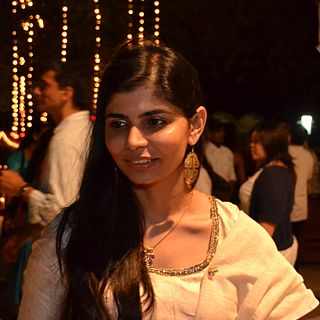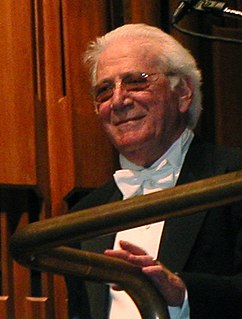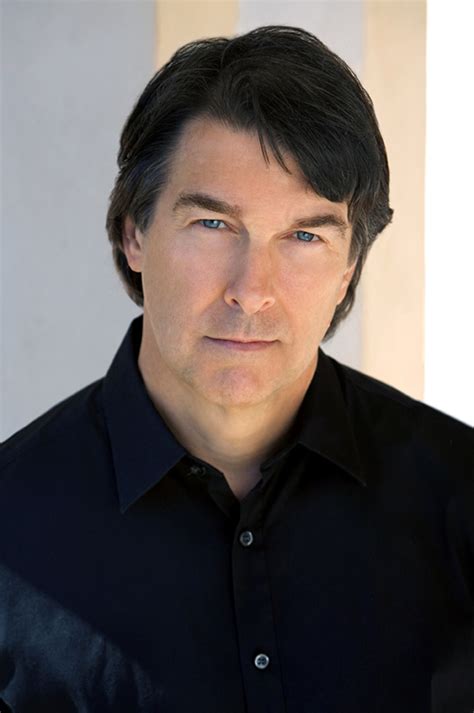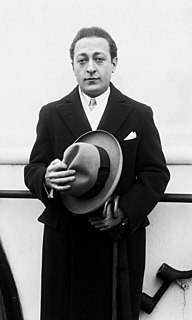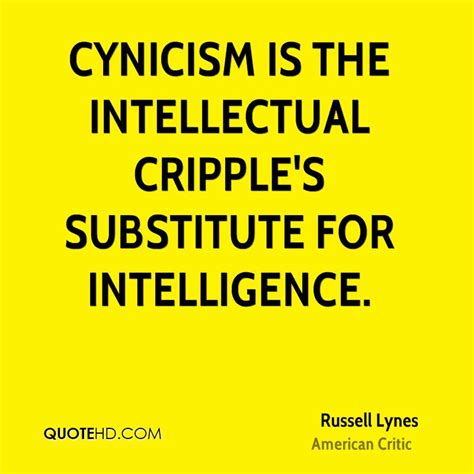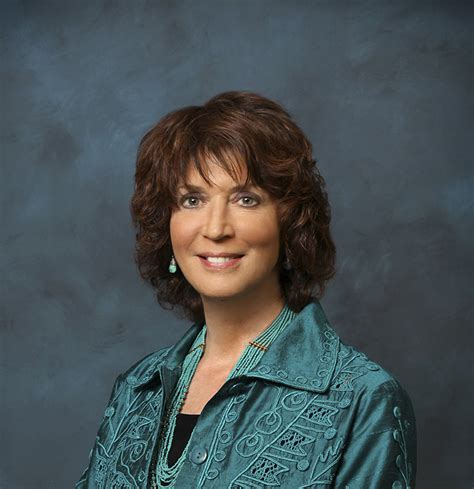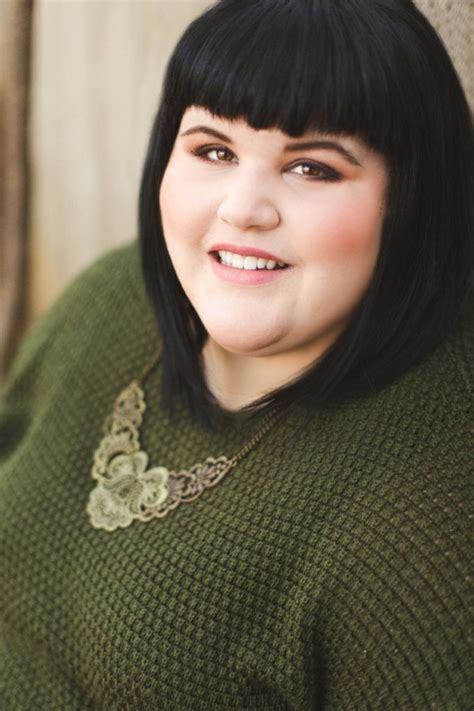A Quote by David Finckel
When I finally got together with Rostropovich as a student, he was very focused, almost entirely focused on the music itself, on what the composer had in mind and what he knew about the composer. Many of the works that I played for him had in fact been composed and written for him; he was often the first performer of these works, having known the composers personally.
Related Quotes
There is a myth that Rahman sir only works at night. He works through the day and night, so it depends what time slot you end up working with him. Besides nights, I have sung for him in the morning and at noon, too. I think he's the first composer to work at night, and that's why it's spoken about so much.
In India, I have been called a 'destroyer.' But that is only because they mixed my identity as a performer and as a composer. As a composer I have tried everything, even electronic music and avant-garde. But as a performer I am, believe me, getting more classical and more orthodox, jealously protecting the heritage that I have learned.
Improvisation was the blood and bone of jazz, and in the classic, New Orleans jazz it was collective improvisation in which each performer, seemingly going his own melodic way, played in harmony, dissonance, or counterpoint with the improvisations of his colleagues. Quite unlike ragtime, which was written down in many cases by its composers and could be repeated note for note (if not expression for expression) by others, jazz was a performer's not a composer's art.
My pieces usually are programmed on concerts in which the other works are standard repertoire. My music always sounds very different when it's on a concert of all contemporary music. It always seems to stick out at an odd angle. This also makes me think of a question I sometimes debate with my friends: does the music of a composer directly reflect that composer's personality? This is a difficult one, but I think it usually does.
The most important thing to remember is that the composer is a senior partner. You cannot force a subject on a composer if it doesn't inspire him. He has to take the lead, you are an enabler, and you are creating the enabling conditions under which he can write great music. Your words are secondary. Many librettists in opera collaborations in the past have forgotten this, or not known it, or refuse to accept it and tried to get out in front of the creative process and it just doesn't work that way.

